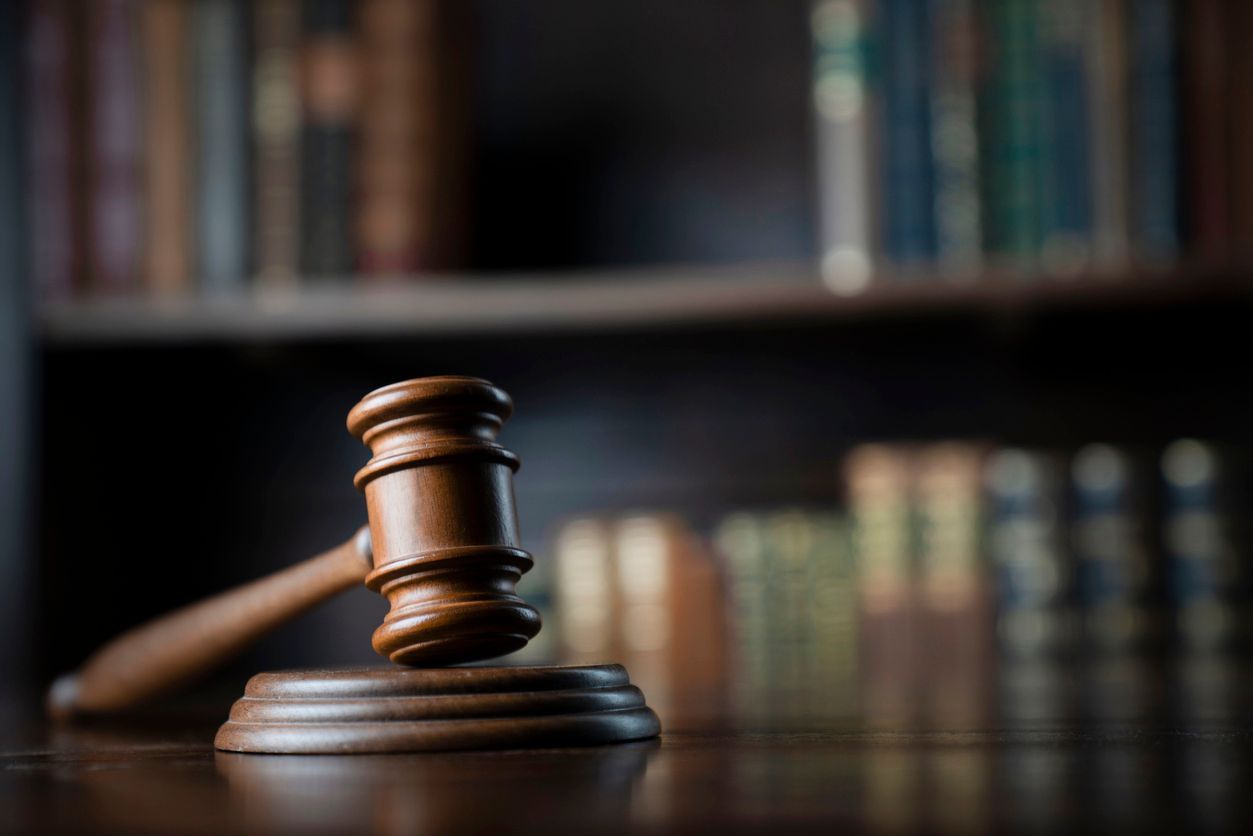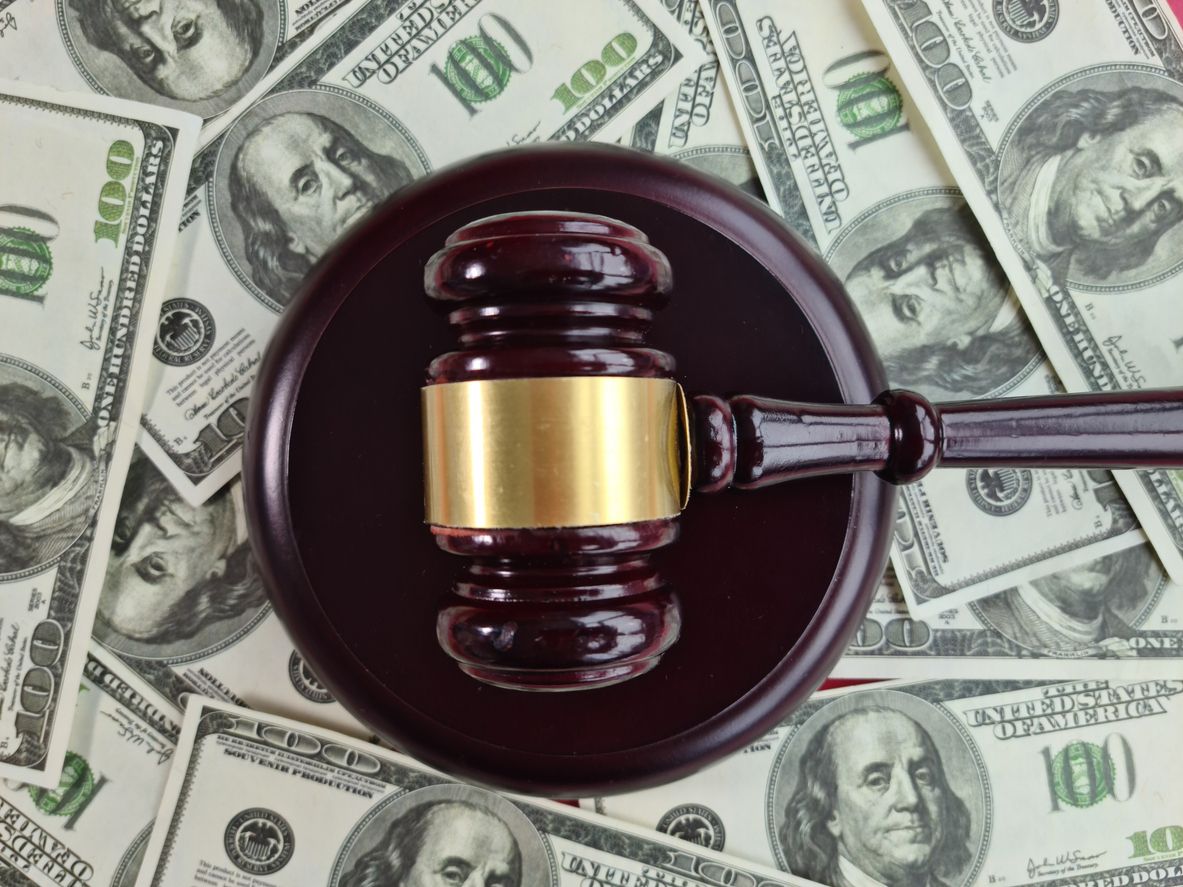A Comprehensive Guide to Understanding Chapter 7 and Chapter 13 Bankruptcy
A Comprehensive Guide to Understanding Chapter 7 and Chapter 13 Bankruptcy
Chapter 7 Bankruptcy
Chapter 7 bankruptcy is often referred to as "liquidation" bankruptcy because it involves selling off your non-exempt assets to pay off creditors. In this type of bankruptcy, a trustee will be assigned to oversee your case and identify non-exempt assets that can be sold to pay off your debts. Chapter 7 bankruptcy is ideal for those who do not have enough income to pay back their debts. In other words, your income must be below the median income for your state or pass a means test to be eligible.Chapter 13 Bankruptcy
Chapter 13 bankruptcy is often referred to as "reorganization" bankruptcy because it allows individuals to reorganize their debts and make payments over a period of three to five years. In this type of bankruptcy, you get to keep all of your assets, and you will work with a trustee to create a repayment plan that is affordable for you. Chapter 13 bankruptcy is ideal for those who have a steady income and want to keep their assets.
Who Should File for Chapter 7 Bankruptcy
Chapter 7 bankruptcy is ideal for those who have little to no assets and are struggling to pay off their debts. This type of bankruptcy can eliminate most unsecured debts, such as credit card debt, medical bills, and personal loans. It's important to note that not all debts can be eliminated in this type of bankruptcy, such as student loans and certain taxes. Additionally, it's important to consult with a bankruptcy attorney to determine if you're eligible for chapter 7 bankruptcy.
Who Should File for Chapter 13 Bankruptcy
Chapter 13 bankruptcy is ideal for those who have a steady income and want to keep their assets. This type of bankruptcy allows you to catch up on missed mortgage payments, car payments, and other secured debts. Additionally, chapter 13 bankruptcy allows you to discharge certain debts that cannot be discharged in chapter 7 bankruptcy, such as non-dischargeable taxes.
Navigating bankruptcy can be overwhelming, but it doesn't have to be. At Frank & De La Guardia, we understand the complexities of bankruptcy and can assist Miami-Dade County residents in achieving debt relief. Whether it's chapter 7 or chapter 13 bankruptcy, our team of experienced attorneys can guide you through the process and help you make the best decision for your financial future. Don't let debt control your life any longer - contact us today for a free consultation.











